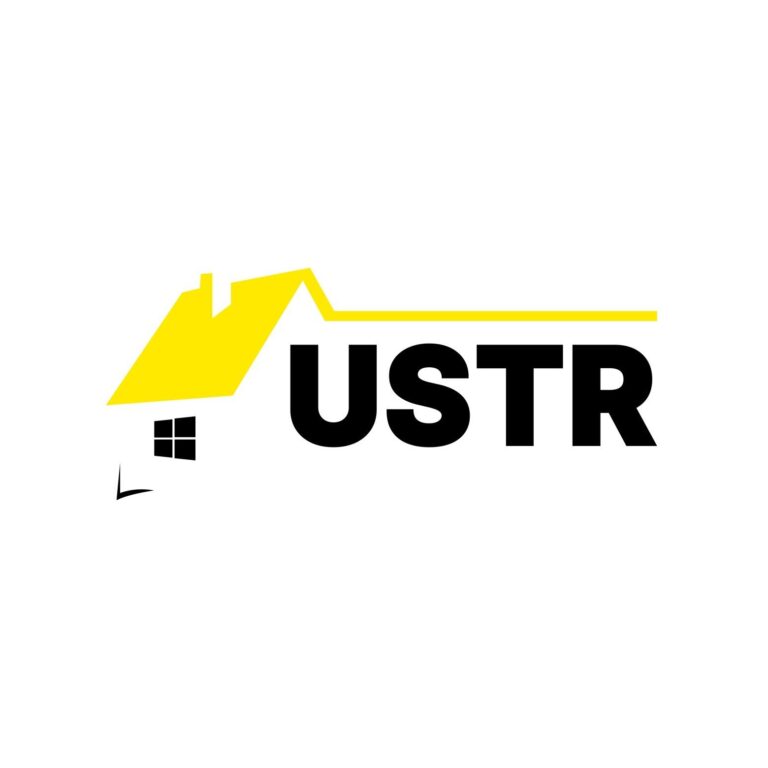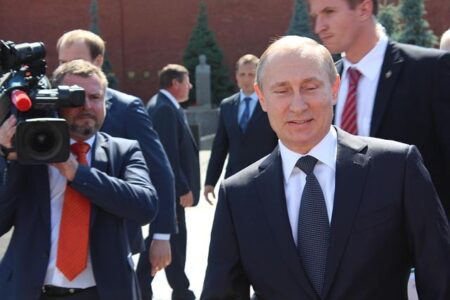Several advocacy groups and industry representatives are urging the Office of the United States Trade Representative (USTR) to take decisive action against Brazil, citing concerns over recent trade practices. In a move that highlights mounting tensions between the two countries, these stakeholders claim that Brazil’s policies are negatively impacting U.S. businesses and call for enforcement measures to ensure fair trade. This developing dispute underscores the complexities of international commerce and the challenges faced by the U.S. in protecting its economic interests abroad.
Groups Call for USTR Intervention Over Brazil Trade Practices
Several industry groups have intensified their calls for the U.S. Trade Representative (USTR) to take decisive action against Brazil’s recent trade measures, which they argue unfairly hinder American exporters. These organizations highlight concerns over discriminatory tariffs, opaque regulatory barriers, and inconsistent enforcement of trade agreements that collectively disadvantage U.S. businesses operating in key sectors such as agriculture, technology, and manufacturing.
The groups emphasize the following points:
- Brazil’s imposition of non-tariff barriers has led to significant market access limitations.
- Discrepancies in sanitary and phytosanitary standards affecting U.S. agricultural exports.
- Opaque customs procedures contributing to delays and increased costs for American companies.
| Sector | Issue | Impact |
|---|---|---|
| Agriculture | Sanitary Standards | Export Restrictions |
| Technology | Customs Delays | Increased Costs |
| Manufacturing | Tariff Hikes | Market Access Loss |
Analyzing the Impact of Brazil’s Policies on US Industries
Various sectors within the US economy report that recent Brazilian trade and regulatory measures have led to heightened barriers affecting market access and competitiveness. Particularly, the manufacturing and agricultural industries have voiced concerns about Brazil’s increasing tariffs and stringent biosecurity regulations, which they argue disproportionately target American exports. These developments risk undermining established supply chains and could trigger a ripple effect, impacting jobs and production costs domestically.
Industry groups are urging the United States Trade Representative (USTR) to consider a strategic response that addresses the following key issues:
- Tariff escalation on US steel and agricultural products
- Non-tariff barriers limiting US companies’ participation in Brazilian infrastructure projects
- Regulatory opacity complicating market entry compliance
| Sector | Impact Description | Estimated US Export Loss (2023) |
|---|---|---|
| Steel | Increased tariffs reducing export volumes | $150 million |
| Agriculture | Biosecurity restrictions limiting soybean sales | $200 million |
| Technology | Regulatory delays impacting project contracts | |
| Technology | Regulatory delays impacting project contracts | $90 million |
Given these impacts, U.S. industry groups recommend that the USTR take a multi-faceted approach to engage Brazil, aiming to reduce tariffs, increase transparency around regulatory requirements, and ensure equitable participation for U.S. firms in Brazilian infrastructure investments. Failure to do so may further strain bilateral trade relations and place additional pressure on U.S. businesses and workforce.
If you’d like, I can also help generate a formal summary or talking points based on this content. Let me know!
Recommendations for Strengthening Trade Enforcement and Bilateral Negotiations
To effectively address ongoing trade imbalances and unfair practices, stakeholders emphasize the importance of enhancing enforcement mechanisms. Strengthening monitoring capabilities and increasing transparency in trade operations are viewed as critical steps. This includes deploying advanced data analytics to detect violations early and establishing clearer sanctions that deter non-compliance. Furthermore, cooperation between governmental agencies and private sector watchdogs should be intensified to create a holistic enforcement environment.
On the negotiation front, experts advocate for more dynamic and inclusive bilateral dialogue. Incorporating diverse economic sectors and civil society representatives ensures a balanced approach, fostering mutual understanding and acceptance. Key recommendations include:
- Regular high-level meetings with pre-defined agendas and measurable outcomes
- Establishment of joint task forces focused on addressing specific trade disputes
- Use of third-party mediators to facilitate contentious discussions
- Implementation of a transparent progress tracking system publicly accessible
| Focus Area | Recommended Action | Expected Outcome |
|---|---|---|
| Trade Monitoring | Deploy AI-driven analytics | Early detection of infractions |
| Bilateral Dialogue | Scheduled quarterly meetings | Steady progress and trust building |
| Sanctions | Clearer, enforceable penalties | Higher compliance rates |
| Stakeholder Inclusion | Involve private sector & NGOs | Comprehensive negotiation perspectives |
Wrapping Up
As calls for USTR intervention in trade issues with Brazil continue to mount, stakeholders closely await the agency’s next steps. The outcome could have significant implications for the bilateral trade relationship and set important precedents for future disputes. DRGNews will keep monitoring developments and provide updates as the situation unfolds.




